Elon Musk’s brain-chip Neuralink company is working on technology that could improve the lives of those with paralysis.
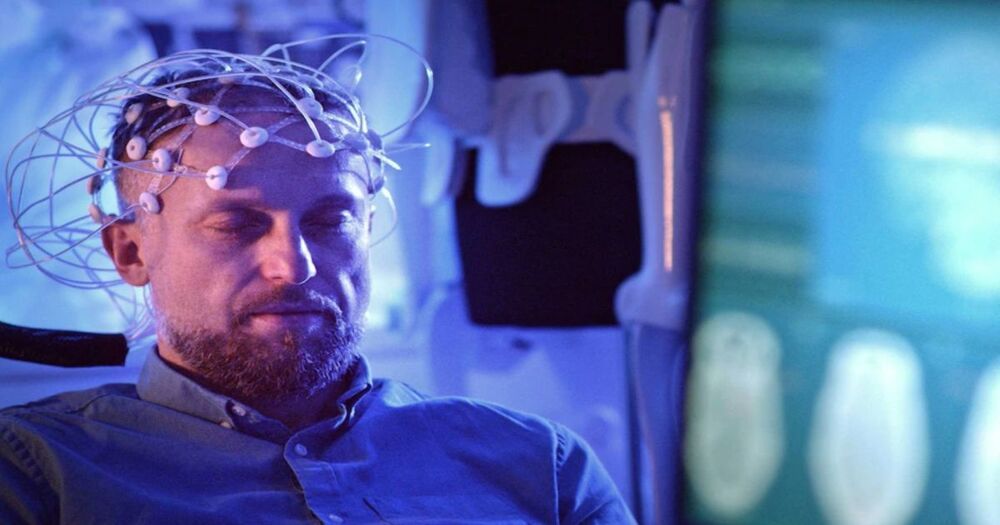

Aging is maleable and can be intervened to slow down and even reverse it.
Several experiments in animal models have shown that certain gene therapies as well as interventions via partial cellular reprograming can significantly extend healthspan and lifespan in mice and other model organisms.
An article published on December 30, 2020 in Fortune magazine, reaches the following conclusions:
* Without treatments to slow or reverse aspects of biological aging, an aging population means we are in for a health care cost tsunami.
* The most exciting opportunity for such an improvement in health productivity is to understand and address the biology of aging.
* There is promising scientific research on reversing aspects of aging, some of which is not far from clinical application.
* While all this research represents thrilling progress, we invest far too little in research that could help us go further in understanding and treating aging.
World leaders, like anyone else, mostly die of age related diseases which in the end means dying of aging itself.
Let’s bring world leaders to the quest of solving aging.
Links of interest:
“Cracking the code of biological aging could solve America’s health care crisis”. https://fortune.com/2020/12/30/anti-aging-research-health-care-spending-biden/
“Reversing aging: We can turn back cognitive decline in mice. Will the same techniques work on humans?”. https://geneticliteracyproject.org/2021/02/17/reversing-agin…on-humans/
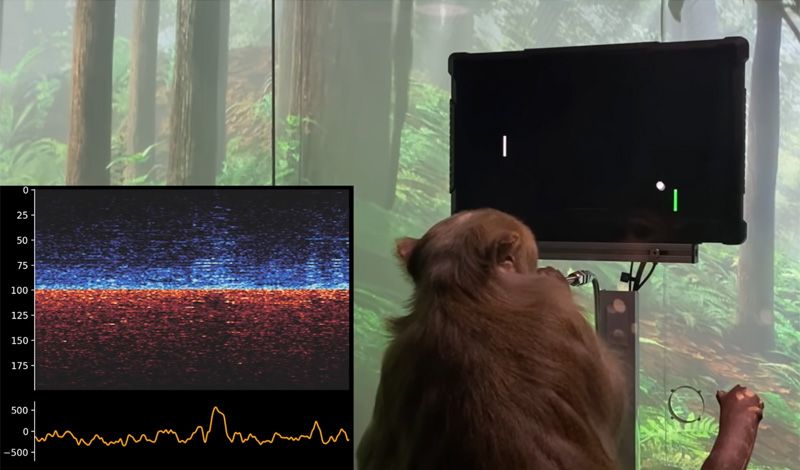
Neuralink, co-founded by Elon Musk in 2016, has revealed a macaque with chips embedded on each side of its brain, playing a mind-controlled version of the 1972 video game, Pong.
Although established in 2016, Neuralink remained secretive about its work until July 2019, when Musk presented his concept for a new brain–machine interface (BMI). Not only would this help physically diseased or injured people, Musk believed it could also treat mental illness – and even be used by healthy individuals who might wish to enhance themselves.
A prototype in August 2020 demonstrated the Neuralink technology in a pig. This coin-sized chip, featuring a read/write link, contained 1024 channels with a wireless megabit data rate and all-day battery life. Brain signals conveying the pig’s sense of smell could be seen in real time. The FDA had by then approved it as a breakthrough device, allowing use in limited human trials under the US federal guidelines for testing medical devices.
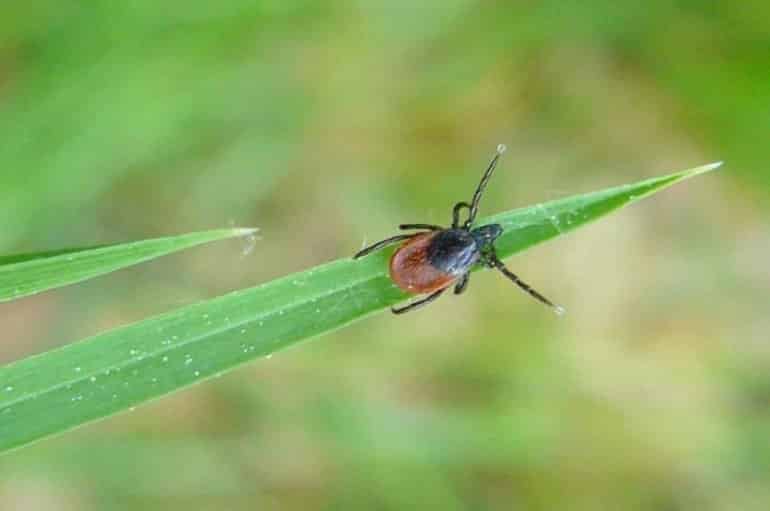
Summary: Researchers have identified specific anti-bodies that can have a neutralizing effect on the virus responsible for tick-borne encephalitis. Preliminary response in using the anti-bodies in mice has proven affected in preventing TBE. It is hoped a vaccine candidate for TBE can be developed for humans.
Source: Rockefeller University.
Tick-borne encephalitis is a disease just as nasty as it sounds. Once bitten by an infected tick, some people develop flu-like symptoms that resolve quietly but leave behind rampant neurological disease–brain swelling, memory loss, and cognitive decline. Cases are on the rise in Central Europe and Russia with some 10000 incidents reported each year. Vaccines can provide protection, but only for a limited time. There is no cure.

Abstract
Metal and essential element concentrations during pregnancy and associations with autism spectrum disorder and attention-deficit/hyperactivity disorder in children
Prenatal exposure to toxic metals or variations in maternal levels of essential elements during pregnancy may be a risk factor for neurodevelopmental disorders such as attention-deficit/hyperactivity disorder (ADHD) and autism spectrum disorder (ASD) in offspring.
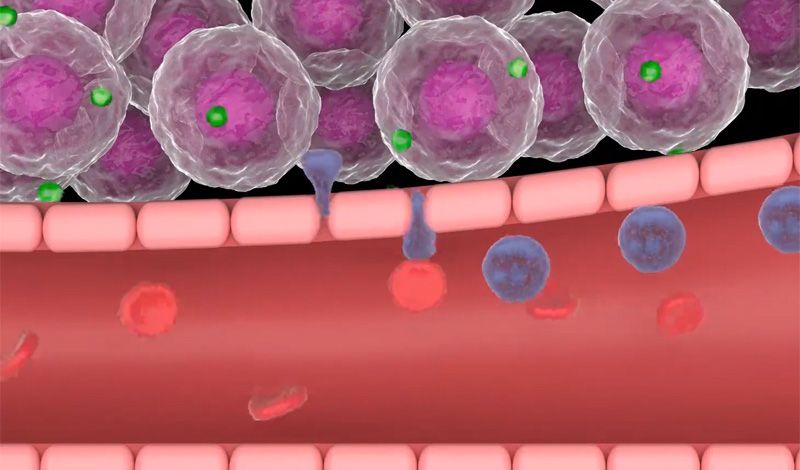

Summary: Researchers link the inflammation associated with chronic sinus infections to alterations in brain activity in networks that govern cognition, external stimuli, and introspection. The findings shed light on why people suffering from sinus infections often report poor concentration and other short-term cognitive problems.
Source: University of Washington.
The millions of people who have chronic sinusitis deal not only with stuffy noses and headaches, they also commonly struggle to focus, and experience depression and other symptoms that implicate the brain’s involvement in their illness.
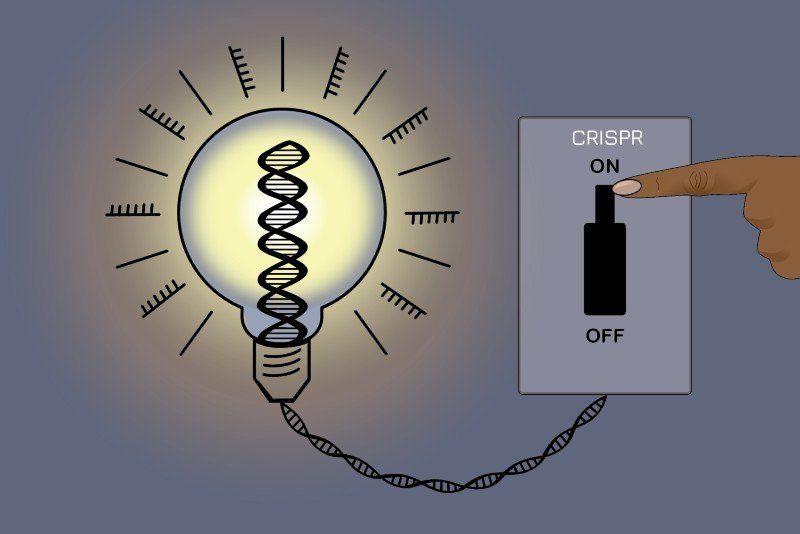
The gene editing system CRISPR-Cas9 makes breaks in DNA strands that are repaired by cells—a process that can be hard to control, resulting in unwanted genetic changes. Researchers at the Massachusetts Institute of Technology and the University of California, San Francisco (UCSF) designed an alternative technology that changes gene expression without damaging DNA, and they believe it could be useful for both research and drug development.
The researchers used their system, dubbed CRISPRoff and CRISPRon, to induce pluripotent stem cells to transform into neurons. They also used it to silence the gene that makes the protein Tau, which has been implicated in Alzheimer’s disease. They described their research in the journal Cell.
The MIT and UCSF researchers started by creating a machine made of a protein and small RNAs that guided it to specific spots on strands of DNA. The machine adds “methyl groups” to genes to silence their expression. The technology can also reverse the process, turning the genes back on by removing the methyl groups.
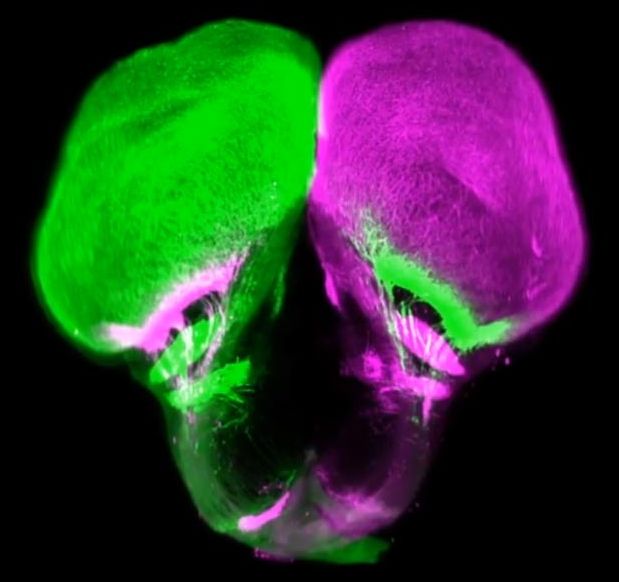
MSU’s expertise in fish biology, genetics helping researchers rewrite evolutionary history and shape future health studies.
The network of nerves connecting our eyes to our brains is sophisticated and researchers have now shown that it evolved much earlier than previously thought, thanks to an unexpected source: the gar fish.
Michigan State University’s Ingo Braasch has helped an international research team show that this connection scheme was already present in ancient fish at least 450 million years ago. That makes it about 100 million years older than previously believed.
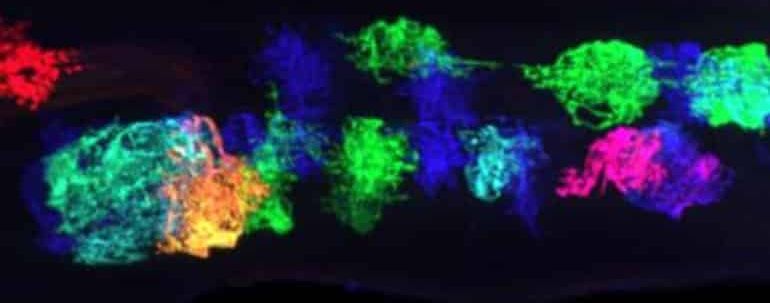
Summary: Astrocytes help transition the brain from a highly plastic state to one that is more stable.
Source: University of Oregon.
Researchers exploring the developing central nervous system of fruit flies have identified nonelectrical cells that transition the brain from highly plastic into a less moldable, mature state.